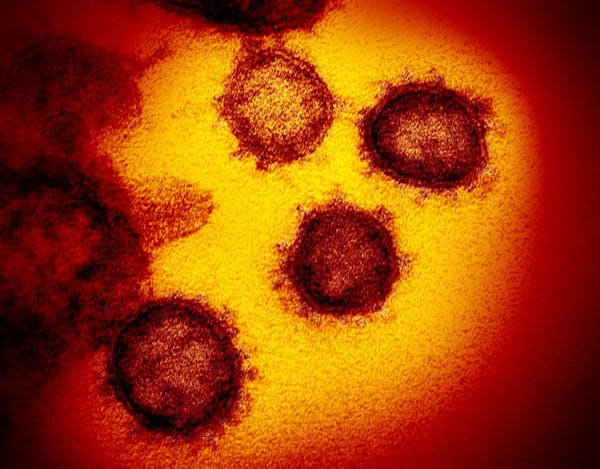Mayo Clinic announced Friday it is leading a national trial to use donated plasma from patients who have recovered from COVID-19 as a treatment for others infected by the novel coronavirus that causes the illness.
The cooperative effort with 40 institutions in 20 states could verify a vital treatment, given that nobody has immunity against the coronavirus that has quickly spread across the globe.
Administered in a handful of U.S. cases already, plasma from recovered COVID-19 patients could provide immune system boosts to others with the illness.
"Theoretically, it gives them an antibody boost, which should help them clear the virus," said Dr. Michael Joyner, the Mayo doctor leading the program.
Joyner said hospitalized patients will be targeted for the therapy, but not just those with the worst symptoms in intensive care. Immune system overreactions could actually be hurting some of these patients, meaning that plasma therapy could be ineffective or even harmful in such cases.
"Certainly in patients that are extremely ill in the ICU, this is a possibility," Joyner said. "The thought is that historically this type of therapy [in other conditions] has been most effective when used relatively early in the course of disease as people are getting sicker and sicker.
"We're going to have people trying it for different indications, but I think that rescue therapy [for severe cases] is going to be an area where it's probably going to be relatively less effective."
As of Friday afternoon, Minnesota reported 789 lab-confirmed COVID-19 cases, including 156 people needing hospital care and 62 needing intensive care.
Given the rapid increase in hospitalized patients predicted throughout the country, interest in this experimental option could likely exceed availability, Joyner said.
The U.S. Food and Drug Administration formally approved the program on Friday after giving initial approval March 24 for plasma therapy as a COVID-19 treatment.
In a statement, Dr. Stephen Hahn, FDA commissioner, called this trial "an important area of research" and said his agency would expedite efforts to prove the therapy's safety and effectiveness.
Given projections that as many as 40% of Americans could be infected with the coronavirus over the course of this pandemic, the supply of donor plasma would appear inexhaustible.
Finding donors could be complicated, though, at least at first.
Joyner said donors must have initial coronavirus tests that confirm their infections, and then have follow-up tests that confirm that they have recovered and that their plasma is safe to use.
Minnesota's current case count includes more than 400 people who have recovered and are no longer subject to isolation restrictions to prevent them from spreading the virus.
However, most of them were cleared due to their fevers and symptoms going away.
Few, other than health care workers, have received second tests to confirm their ability to return to their jobs.
Shortages of chemicals, swabs and other supplies have hampered the ability of the state public health lab and others to even conduct initial diagnostic tests, much less follow-up tests.
Joyner said increases in COVID-19 testing capacity at Mayo and other institutions nationwide could help.
HCMC in Minneapolis, for example, started conducting its own testing for the coronavirus this week.
"I'm cautiously optimistic … but this is going to be a massive logistical pull," Joyner said. "People have to understand that our ability to identify donors and collect the plasma is going to be a rate-limiting step for a matter of weeks."
Mayo also is days away from announcing a serological blood serum test that can check for antibodies in patients who have recovered from their infections.
The antibody testing will become critical to the identification of good plasma donors, because the initial molecular diagnostic tests don't measure antibody levels in their bloodstreams, said Dr. William Morice, president of Mayo Clinic Laboratories.
"Without having the antibody testing, its very much guesswork," he said, "because we're not really measuring … the level of antibodies and how potent they might be."
Doctors treating COVID-19 cases at any hospital can register their patients at uscovidplasma.org for potential inclusion in the plasma trial.
Jeremy Olson • 612-673-7744
Scoggins: 'Wait one more year' can't be the Wild's plan. Thankfully, it isn't.
Conservatives in Otter Tail County have been fighting each other for years. There's no end in sight.

Racial disparities in child protection prompt Minnesota legislation, federal complaint

Minnesota State Patrol celebrates diverse new class of troopers

